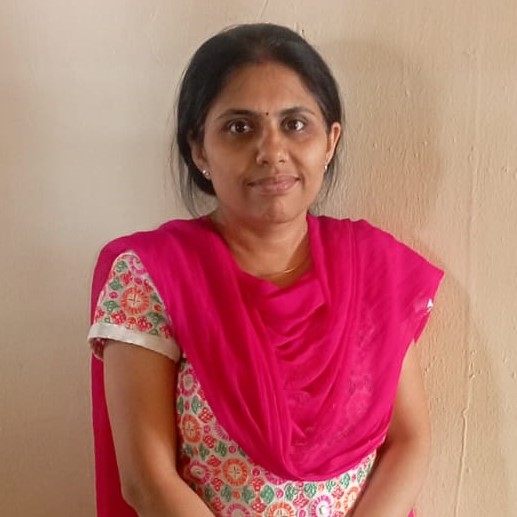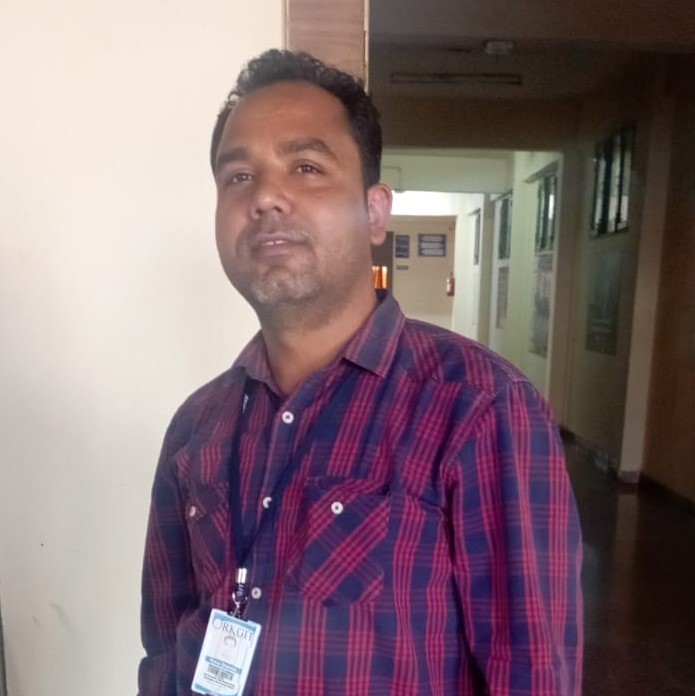Faculties
Awards and Achievements

Special title treatment
With supporting text below as a natural lead-in to additional content.

Special title treatment
With supporting text below as a natural lead-in to additional content.

Special title treatment
With supporting text below as a natural lead-in to additional content.

Special title treatment
With supporting text below as a natural lead-in to additional content.

Special title treatment
With supporting text below as a natural lead-in to additional content.

Special title treatment
With supporting text below as a natural lead-in to additional content.

Special title treatment
With supporting text below as a natural lead-in to additional content.

Special title treatment
With supporting text below as a natural lead-in to additional content.
Martha Smith
Lorem ipsum dolor sit amet, consectetur adipisicing elit. Eos, adipisci
Gallery

Special title treatment
With supporting text below as a natural lead-in to additional content.

Special title treatment
With supporting text below as a natural lead-in to additional content.

Special title treatment
With supporting text below as a natural lead-in to additional content.

Special title treatment
With supporting text below as a natural lead-in to additional content.

Special title treatment
With supporting text below as a natural lead-in to additional content.

Special title treatment
With supporting text below as a natural lead-in to additional content.

Special title treatment
With supporting text below as a natural lead-in to additional content.

Special title treatment
With supporting text below as a natural lead-in to additional content.

Special title treatment
With supporting text below as a natural lead-in to additional content.








Social Links